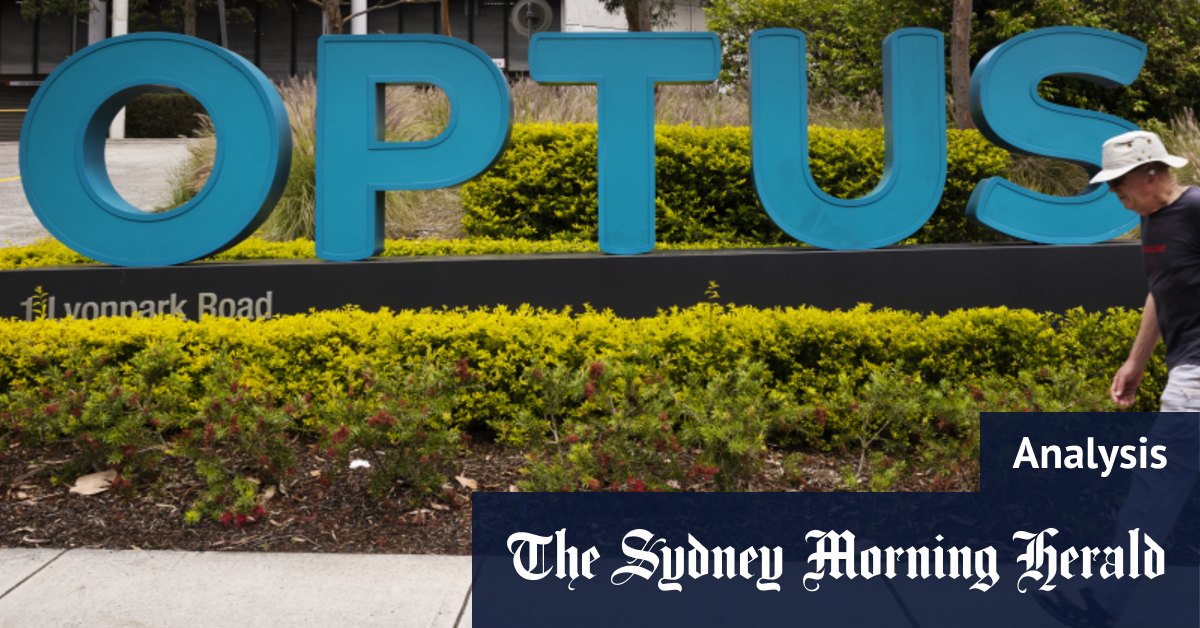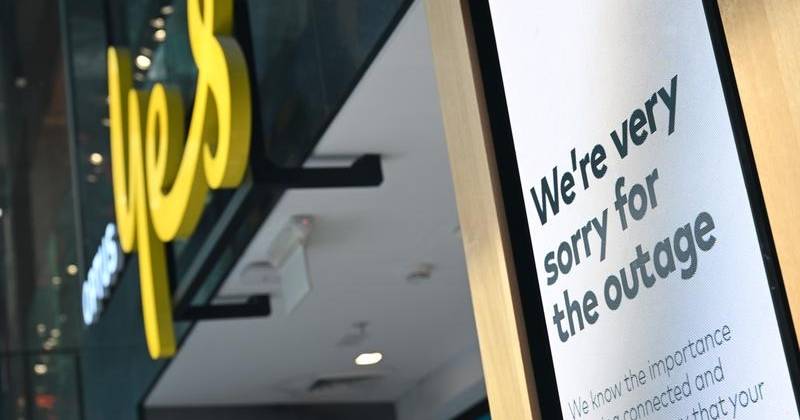Paul Greenberg, company director and retail entrepreneur, took to LinkedIn on Friday to say he “was left profoundly uncomfortable” by what he saw as the “unbridled aggression” of the senators. His post received more than 1700 reactions, the vast majority in agreement.
Those concerns are reasonable, and no doubt many would take issue with sections of the media (including this column) for criticism of Bayer Rosmarin and Optus’ handling of the outage and its aftermath. It’s hard not to have sympathy for Bayer Rosmarin, given the brutal timing of her exit. Punching bag for the Senate on Friday, gone on Monday.
Public tolerance is low
But we shouldn’t miss the lessons that have been reinforced through the sadly numerous business scandals of this year, including at Qantas and PWC.
First, community expectations have shifted, and continue to shift. The cumulative effect of misconduct by businesses in the last five or so years – from the banking and aged care royal commissions, to the Medibank hack, PwC, Qantas and now Optus – mean tolerance for new stuff-ups is low.
This is arguably being compounded by cost of living pressures, which leave households sceptical of excuses from the big end of town and/or politicians.
Secondly, customers want CEOs to respond quickly to mistakes and scandals. In many ways, the clean-up matters more than the stuff-up.
This is certainly what cost Bayer Rosmarin her job. Outages will happen, but for all Optus claims of strong risk management and planning, and what Bayer Rosmarin called the “lived experience” of the cyberattack, its response was slow and confused.
Rightly or wrongly, there is growing demand for instant accountability. Politicians, shareholders and the public want leaders to identify problems quickly and publicly, and act to fix them.
The practised theatre of contrition after the fact, which we’ve seen at PwC, Optus and Qantas, is no longer adequate; the CEO who isn’t out quickly to acknowledge and genuinely empathise with customers risks allowing a mistake to snowball into a firestorm.
Bayer Rosmarin’s declaration at Friday’s Senate hearing that “it’s actually unusual for a CEO to appear at all during an outage because the public would expect that my focus is on working with the teams to resolve the issue” was wrong. The public expects a CEO to do both.
There is a good debate to be had about whether this hunger for accountability (or perceived accountability) is problematic. It certainly doesn’t allow for much in the way of nuance, and many in boardrooms will justifiably wonder whether there is now too much focus on the performative, rather than strategic.
But that debate is largely academic. Community expectations are only going one way, and companies that find themselves in trouble must be ready.



